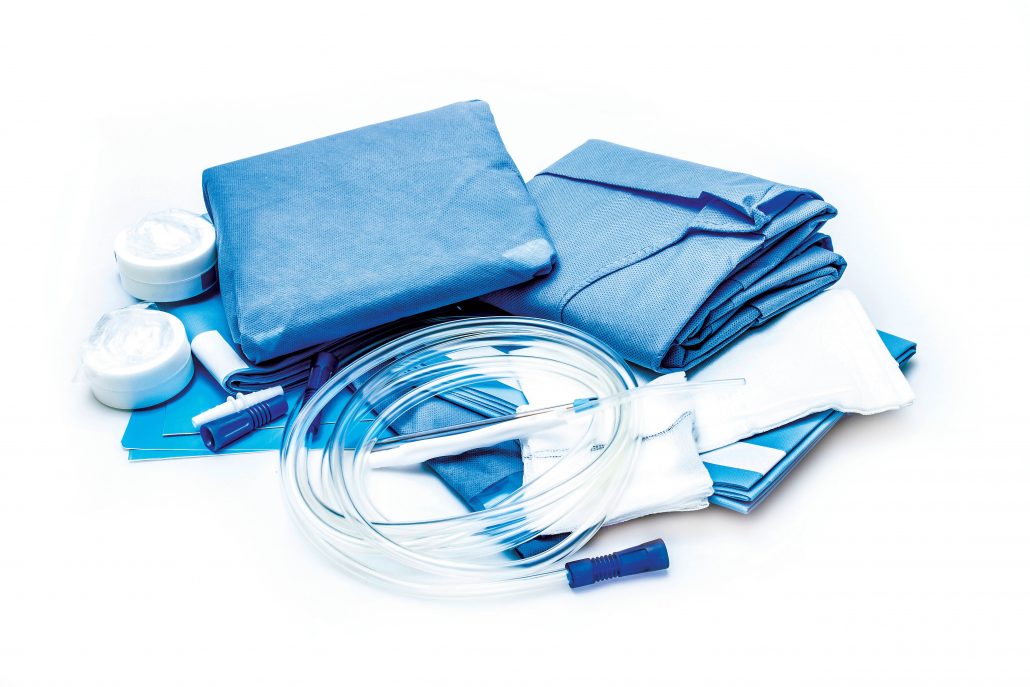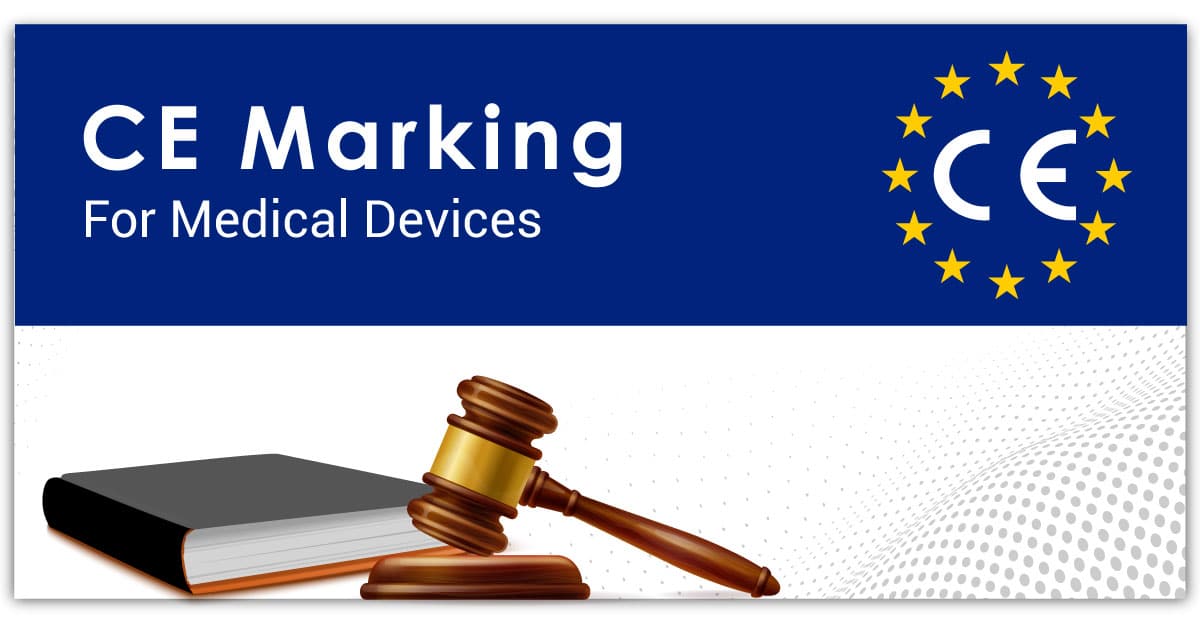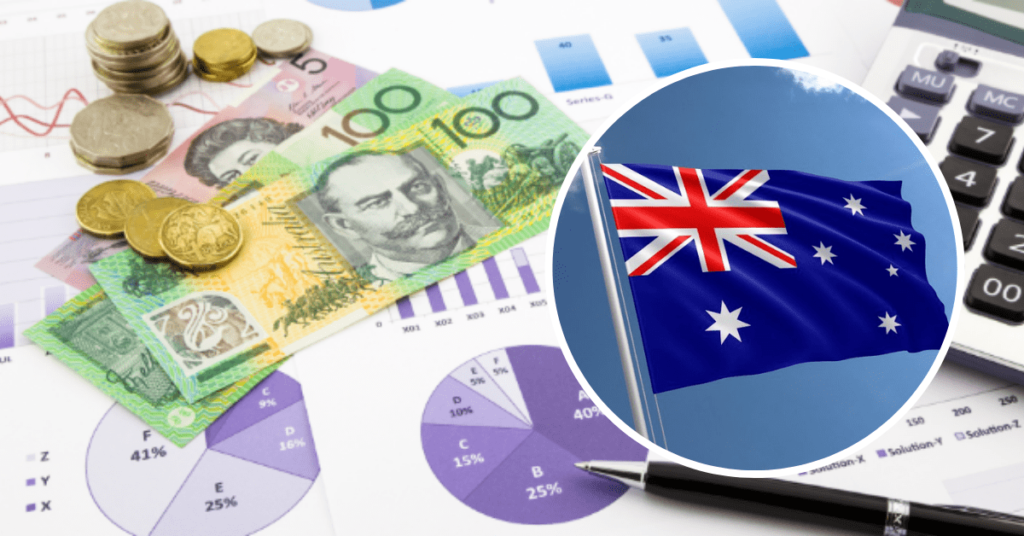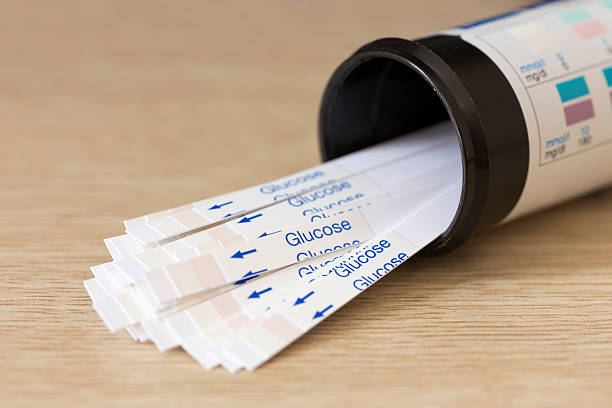
As of 1 July 2024, new regulatory requirements for medical devices containing medicinal substances, or materials derived from animal, microbial, or recombinant sources will take effect. The Therapeutic Goods Administration (TGA) has released draft guidance to help sponsors and manufacturers navigate these changes, which aim to align with international standards while ensuring continued access to safe, high-quality medical devices in Australia. In this blog, we’ll provide an overview of the new regulatory requirements and how they affect sponsors and manufacturers of medical devices. We’ll also discuss the transition arrangements in place and......
Continue Reading

In July 2024, the Therapeutic Goods Administration (TGA) released significant updates to their guidance documents on Excluded Software and Essential Principle 13B. These updates aim to assist sponsors, manufacturers, and software developers in understanding and complying with the regulatory framework for software-based medical devices in Australia. The updated Excluded Software Guidance provides a comprehensive overview of the boundaries between software that is and isn’t regulated by the TGA under the Therapeutic Goods (Excluded Goods) Determination 2018. The guidance details the 15 exclusions and one exemption, covering a wide range of software categories......
Continue Reading

Various changes have been made to the regulation of numerous types of medical devices by the TGA, including software-based medical devices, prescription spectacle lenses, medical devices containing microbial, recombinant, or animal substances, and medical device application audit requirements. The changes to software-based medical devices and prescription spectacle lenses came into effect on June 15th, 2024, and updates for medical devices containing microbial, recombinant, or animal substances and medical device application audit requirements were enforced on July 1st, 2024. Key Changes Medical Devices with Microbial, Recombinant, or Animal Substances Effective July 1, 2024:......
Continue Reading

The Therapeutic Goods Administration (TGA) has refined its guidance on system or procedure packs (SOPPs) as of January 2024. This revision builds on the foundational document released in November 2021, offering critical insights into Australia’s regulatory landscape for SOPPs. The guidance presents pathways for SOPP manufacturers, detailing how to achieve compliance and secure inclusion in the Australian Register of Therapeutic Goods (ARTG). Manufacturers now have a clearer direction on obtaining market authorisation or pursuing a specialised assessment process for eligibility. Key to this guidance, is the stringent adherence to safety and performance......
Continue Reading

This newsletter is aimed toward introducing the Device Specific Vigilance Guidance (DSVG), a pivotal document aimed at harmonsing vigilance reporting and offering comprehensive guidance for manufacturers of Specific Devices. This guidance is designed to provide clarity on vigilance reporting of Specific Devices to the relevant Competent Authority and should be considered alongside the requirements of Regulation (EU) 2017/745 on Medical Devices (MDR) and Regulation (EU) 2017/746 on In Vitro Diagnostic Medical Devices (IVDR). It’s important to note that the DSVG neither replaces nor extends the existing regulatory requirements. Key Reporting Obligations Manufacturers......
Continue Reading

The Therapeutic Goods Administration (TGA) is seeking feedback on its proposed fees and charges for the 2024-25 financial year. This consultation allows stakeholders to comment on the potential impact of these changes before they are submitted for government approval. The TGA, responsible for regulating therapeutic goods, operates under a full cost recovery basis as per Australian Government arrangements. This includes application, evaluation, conformity assessment, and inspection fees. The fees and charges cover sectors such as prescription medicines, over-the-counter medicines, complementary medicines, medical devices, blood components, and biologicals. For 2024-25, the TGA proposes......
Continue Reading

In September 2023, Berlin hosted the 24th IMDRF Management Committee meeting, chaired by the EU and attended by over 550 global participants over five days, revealing significant developments in medical device regulation. IMDRF/DITTA-GMTA Joint Workshop (25 September 2023): Explored tailored medical devices (MDs) for specific patient demographics (e.g., orphan, humanitarian, paediatric, custom MDs). Examined innovative MDs, their global regulatory pathways, and potential international collaboration. Introduced regulatory toolboxes for innovation, including regulatory sandboxes and predetermined change control plans (PCCPs). IMDRF Stakeholder Forum (26 September 2023): Shared regulatory updates from IMDRF MC Members and......
Continue Reading

Introduction The TGA’s August 2023 guidance focuses on requirements for active medical devices, which are defined as devices that significantly convert energy to operate. This excludes devices operated by gravity or human effort. The guidance clarifies classification rules, essential principles, and different types of energy like chemical and elastic energy. Electromedical Safety Standards Electromedical devices like pacemakers pose safety risks. Manufacturers must comply with Essential Principles 9.2 and 12. They can either follow Australian or international standards like IEC 60601-1 or justify alternative compliance methods. Connection to Public Mains Devices that connect......
Continue Reading

The Therapeutic Goods Advertising Code (the Code) sets out the rules which govern advertisement of therapeutic goods to Australian consumers. This regulatory framework made under section 42BAA of the Therapeutic Goods Act 1989 (the Act) is intended to ensure advertisements: promote the safe and proper use of therapeutic goods by minimising misuse, overuse or underuse; and are ethical and do not mislead or deceive the consumer or create unrealistic expectations about the product performance of the therapeutic goods; and support informed health care choices; and are not inconsistent with current health campaigns. On 01......
Continue Reading

What is a valid ISO 13485 QMS certificate accepted by the TGA? International Standard ISO 13485:2016 Medical devices – QMS – Requirements for regulatory purposes was issued by the International Organisation for Standardisation in 2016. The TGA accepts ISO 13485 certificates issued by Notified Bodies or an International Accreditation Forum (IAF) certified conformity assessment body. Refer to the Table provided below for a summary of TGA accepted manufacturer’s evidence for IVD medical devices. What is changing? The COVID-19 pandemic had a significant impact on the IVD industry which was burdened with......
Continue Reading
